Reading Group: The Lunar Men
Monday 19th May 2025, Arts Building, Lecture Room 5
2-4pm
Refreshments provided
The Arts of Place network would like to invite you to a reading group which will revisit Jenny Uglow’s group biography and classic of Midlands history The Lunar Men ahead of her upcoming summer lecture on 17th June.

The Lunar Men explores the lives and legacies of the many members of the Lunar Society, a group of curious and enthusiastic men on the cutting edge of discovery. From James Watt and Matthew Boulton’s exploits with steam engines, to James Keir and Joseph Priestley’s experiments in chemistry, collaboration was at the very heart of their work. Uglow’s group biography is the perfect way to chart this, intertwining details of their personal and family lives with their professional exploits. Birmingham became their hub, their home, and the Midlands on the whole provided the perfect backdrop for their work, from Erasmus Darwin’s medical practice in Lichfield to the group’s adventures exploring the minerals of Derbyshire’s caves. This group of men revolutionised Birmingham’s history, and their legacy should be celebrated.
In anticipation of Jenny’s summer lecture about her new book A Year With Gilbert White, we will be hosting a reading group exploring this earlier work so closely intertwined with Birmingham’s history. The afternoon will consist of talks from Birmingham’s Dr Louise Curran and Dr Malcolm Dick as well as The Lunar Society’s own Dr Peter Borg-Bartolo – experts from the fields covered by this expansive text and enthusiastic readers themselves. These talks will then be followed by discussion.
We invite you to read especially the ‘Prologue’ and the initial section: ‘First Quarter’. 
Access the book via FindIt. Or access these PDFs for PROLOGUE and FIRST QUARTER. But no prior knowledge is required and all are welcome to take part!
*
If you have queries about this event please contact Lucy Snow: lrs103@student.bham.ac.uk.
Image: Anonymous artist, Birmingham by Moonlight, c. 1800, Birmingham Museums Trust

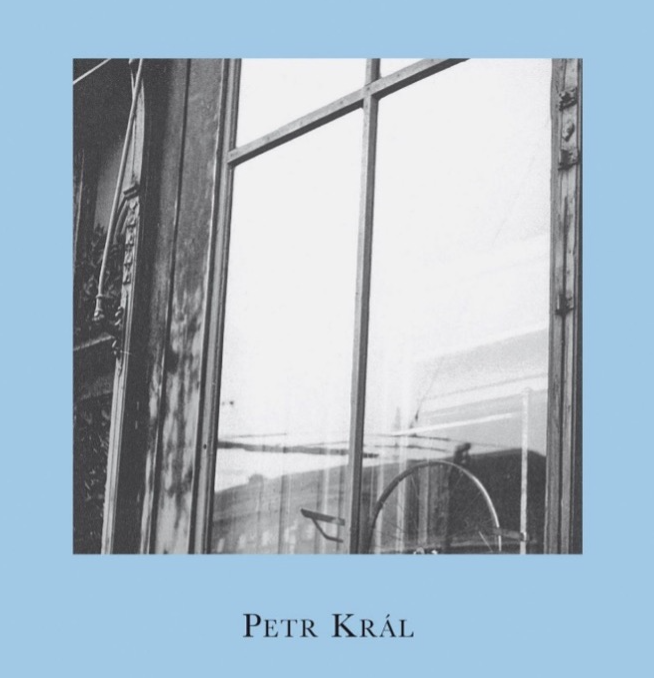
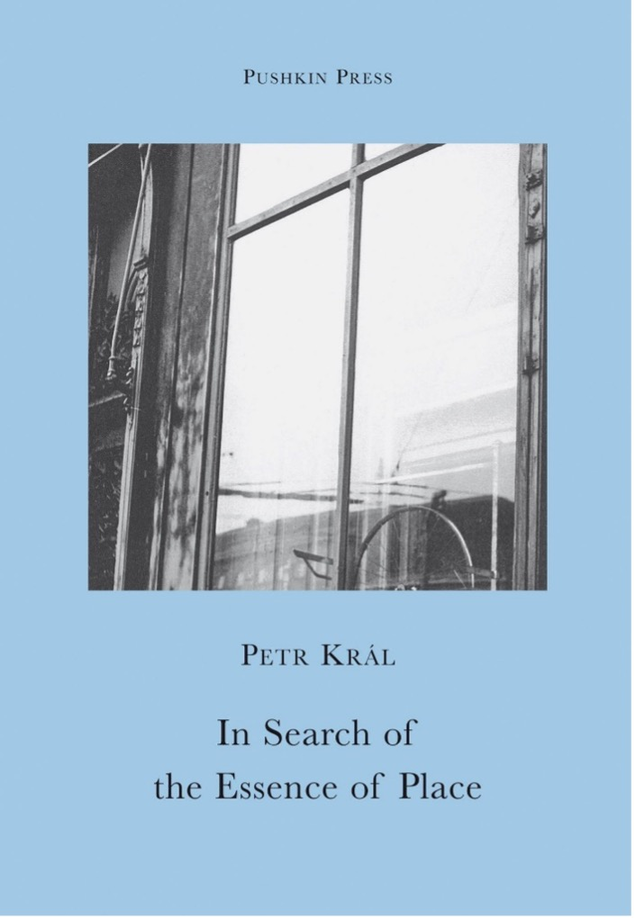
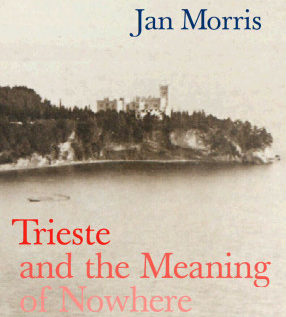
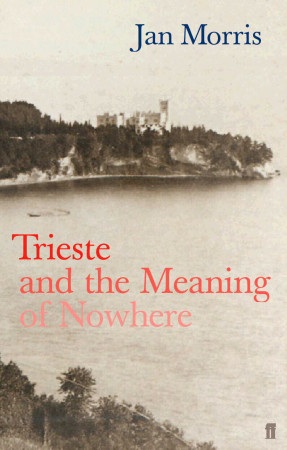
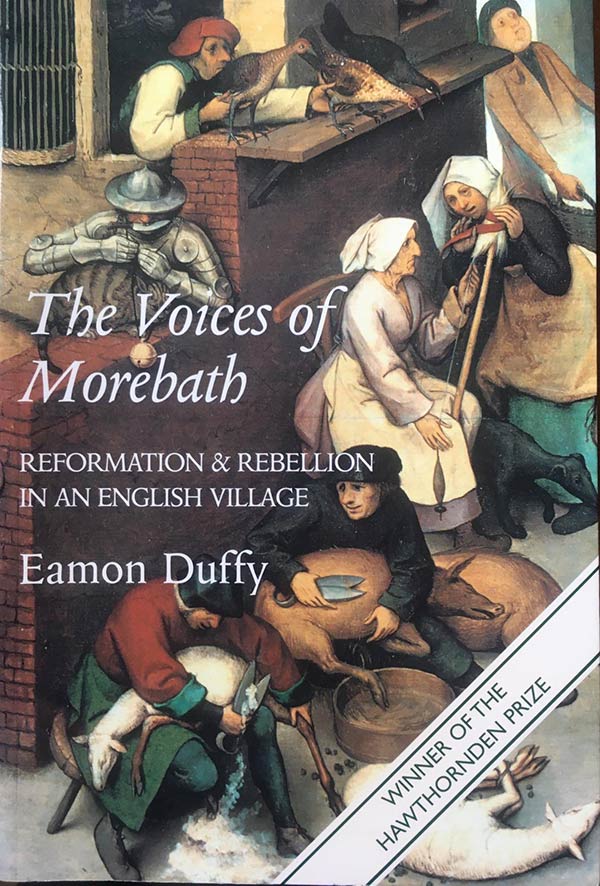
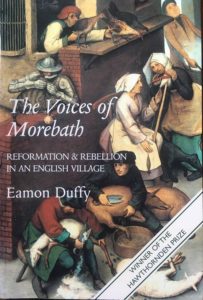 Recommended by
Recommended by 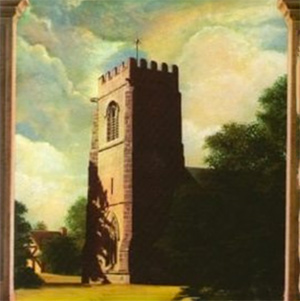
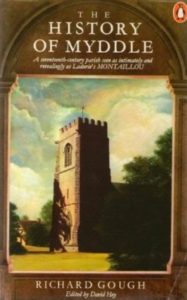 Recommended by
Recommended by